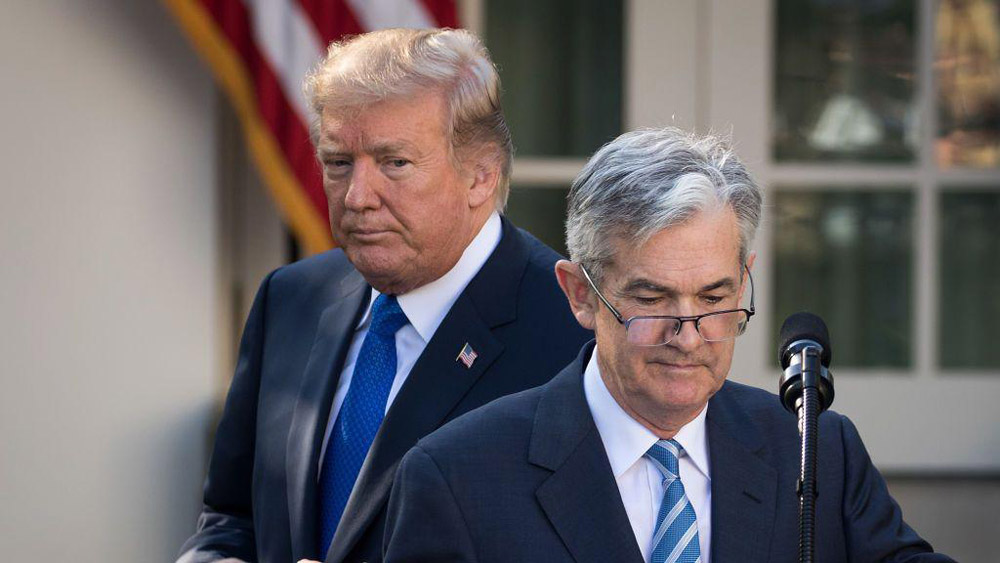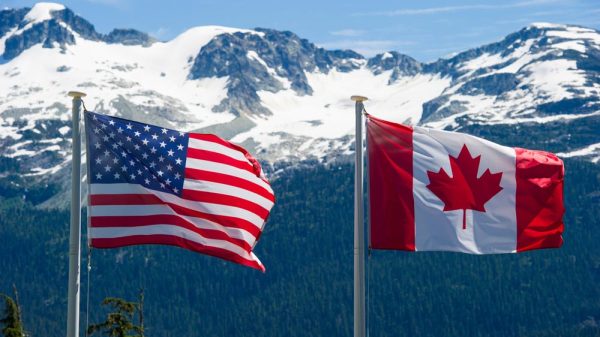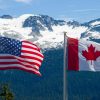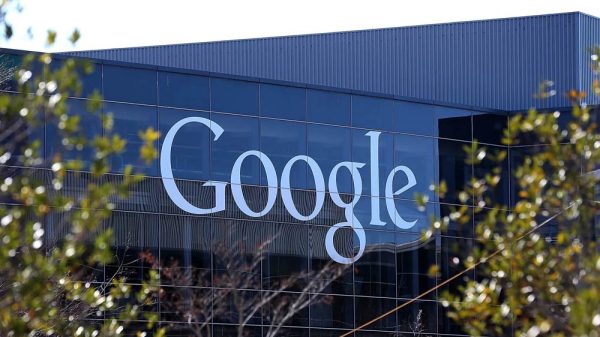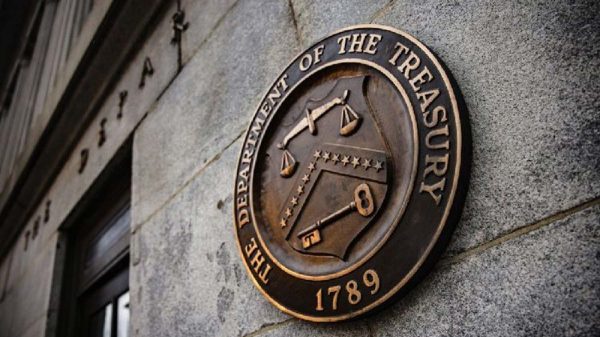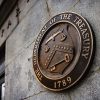As President Donald Trump rolls out his ambitious and controversial tariff initiatives, the Federal Reserve finds itself at a policy crossroads. With economic growth under threat and inflationary pressures on the rise, the central bank faces a challenging decision: should it intervene to boost growth, tackle inflation, or let the economy adjust without intervention? For now, the Fed appears poised to stay on the sidelines, leaving markets and businesses to navigate the uncertainty on their own.
The Dual Mandate at Risk
The Federal Reserve operates under a dual mandate: to ensure full employment and maintain price stability. However, the new tariffs threaten both objectives. On one hand, the duties could push core inflation above 3% — well above the Fed’s 2% target. On the other hand, economic growth may slow to near-zero or even dip into recession territory.
This situation creates a policy conundrum. If the Fed tightens monetary policy to curb inflation, it could exacerbate a potential slowdown in growth. Conversely, if the Fed eases policy to support growth, it risks fueling even higher inflation.
“The problem for the Fed is that they’re going to have to be very reactive,” said Jonathan Pingle, chief U.S. economist at UBS. “They’ll be watching prices rise, which might make them hesitant to respond to any growth weakness that materializes. It’s certainly going to make it very hard for them to be preemptive.”
A Tough Choice for the Fed
Historically, the Fed has preferred to act preemptively in response to economic signals. For instance, if unemployment rises, the Fed typically cuts interest rates to stimulate hiring. Similarly, if inflation appears to be accelerating, the Fed raises rates to dampen demand.
But what happens when both inflation and growth concerns arise simultaneously? This question hasn’t been seriously addressed since the early 1980s, when then-Fed Chair Paul Volcker prioritized fighting inflation by hiking rates dramatically, triggering a recession.
Fed Chair Jerome Powell now faces a similar dilemma. After being criticized for underestimating inflation in 2021 — describing it as “transitory” — the Fed is likely cautious about misjudging the current situation.
Market Implications and Economic Outlook
The markets are already pricing in the possibility that the Fed may be forced to ease rates to support growth. Futures pricing from the CME Group’s FedWatch tracker suggests traders are betting on as many as four rate cuts this year. However, experts warn that the Fed’s ability to ease may be constrained.
“Policymakers may not be able to provide as much monetary support as the growth picture requires, and could even be bound from cutting rates at all,” wrote Seema Shah, chief global strategist at Principal Asset Management.
While the Trump administration insists that the tariffs will ultimately boost growth and support American workers, the short-term outlook is less rosy. Commerce Secretary Howard Lutnick has acknowledged that the tariffs are part of a broader effort to “reorder” the global economic landscape — a process that could take time and involve significant economic disruption.
Fed Officials Signal Patience
Fed officials have so far resisted calls for immediate action. Vice Chair Philip Jefferson emphasized a cautious approach, stating that “there is no need to be in a hurry to make further policy rate adjustments.” Similarly, Governor Adriana Kugler voiced support for maintaining the current policy stance until the economic outlook becomes clearer.
“I will support maintaining the current policy rate for as long as these upside risks to inflation continue, while economic activity and employment remain stable,” Kugler said.


